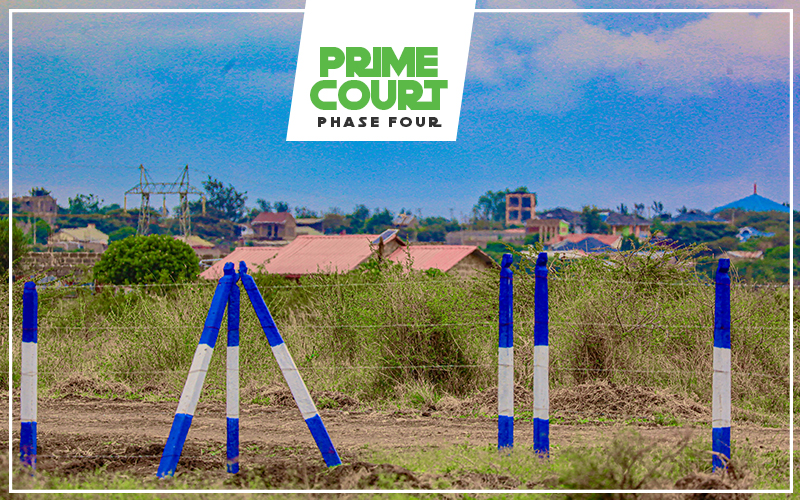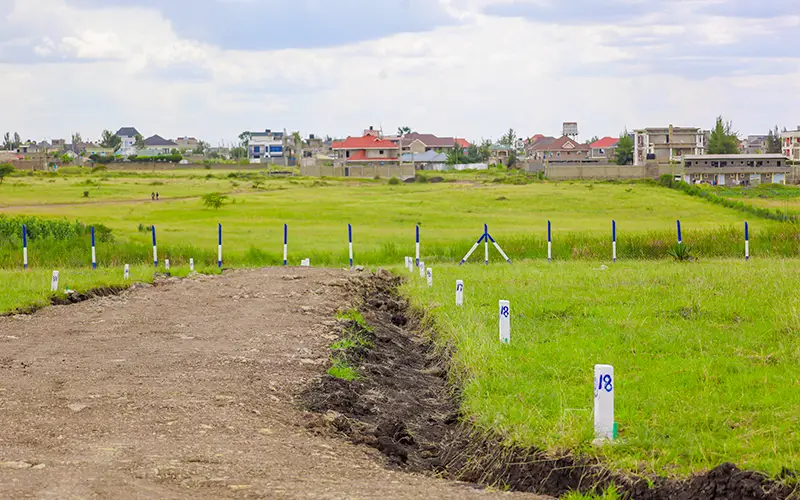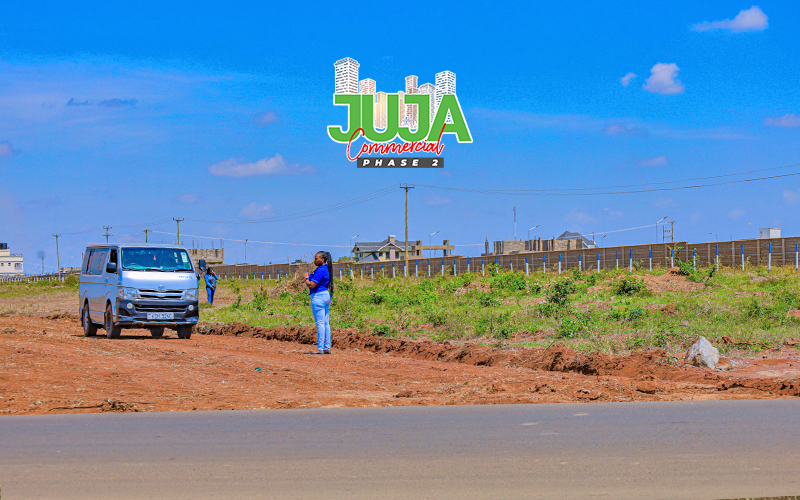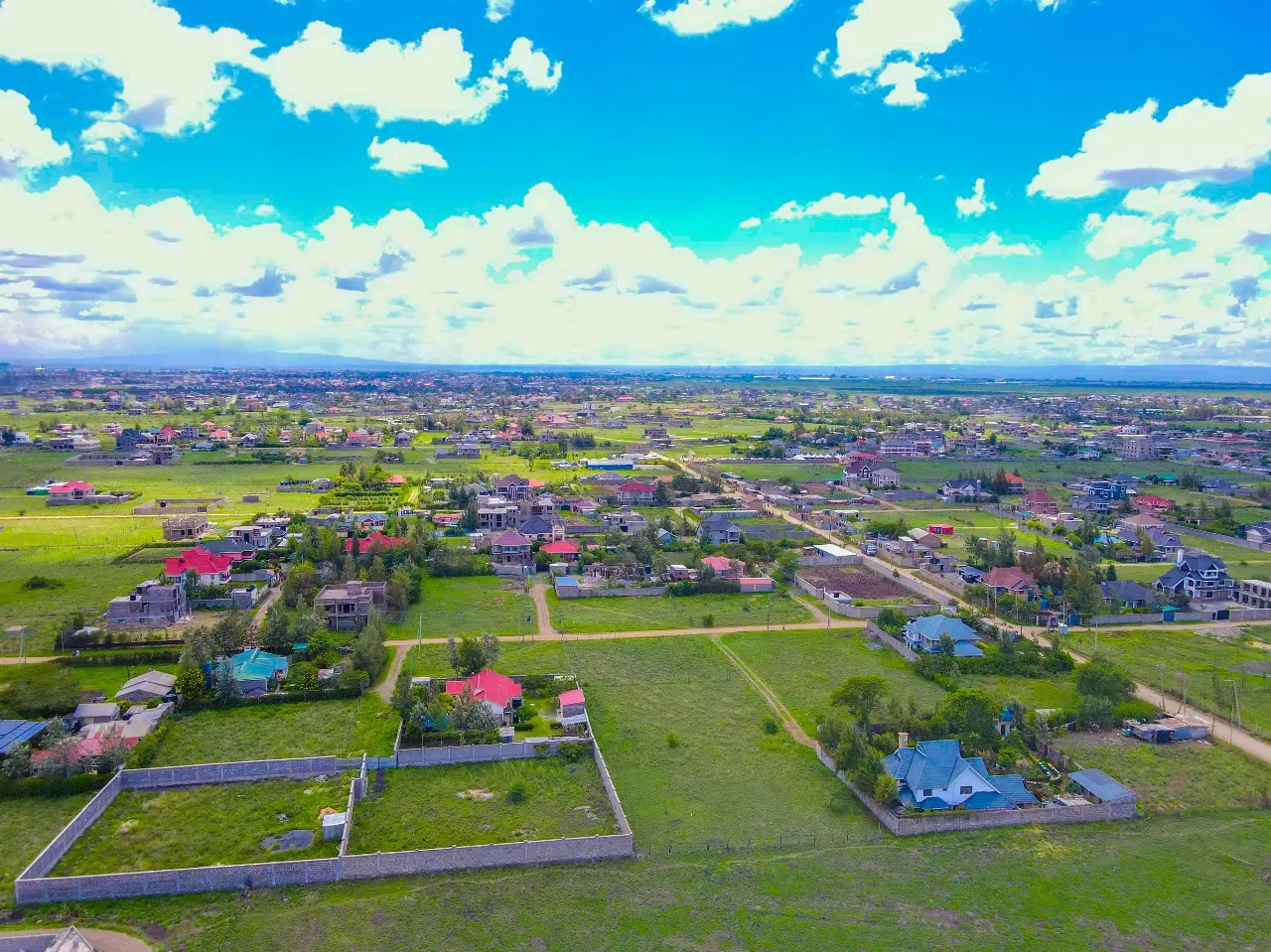
10 Important Questions You Should Ask Yourself Before Buying Any Piece of Land in Kenya
In every transaction, both the buyer and seller have expectations as they come into the deal. What sets these expectations apart
is the law! Land buying is not an exception to this, and it’s one of the transactions that require following the law to the latter.
SEE MORE: KITENGELA PLOTS FOR SALE
1. Have You Conducted Due Diligence?
Searching for land to build a new home or speculate is exciting. “An achievement,” some would say. However, buyers should be aware that raw land requires extensive due diligence. Generally, land in Kenya is identified by Plot Number or Land Rate number (LR).
2. Is the Land Properly Identified?
After appropriate land is identified and the LR number obtained from the seller, the buyer should ensure they can answer the following questions that guide them on the process that follows: Is the Mother Title in favor of Company X or still under the vendor's name?
3. Have You Conducted A Search At The Land Registry?
Every property has its own land registry. A search with the land registries relevant to the property you are buying will reveal the true landowners and establish the presence of brokers, if any. If the title has been charged or has a caveat, e.g., when the title is used to secure a loan or there is a court order barring any transaction on that land, etc. A search costs KSH 520/= and should be ready normally within two hours. A search is valid for a period not exceeding six months
4. Is There a Sale Agreement and Consent?
If the Mother Title is under the vendor's name, the vendor should then provide the sale agreement. Normally, you will be given the necessary documents showing the agreement between Company X and the vendor. A consent letter showing Company X now owns the property and is in the process of transferring the title should also be provided.
5. Is the Title Deed Freehold or Leasehold?
It is of great importance to inquire whether the title is freehold or on lease. If it’s on a lease, Company X should issue you with a Certificate of Lease. If it's freehold, then a title deed should be issued.
6. Do You Have the Site Map and Plot Size?
Do you have the site map? Always ask for the site map of the property you are purchasing. In the right circumstances, Company X should carry out a survey and issue two maps: one drawn to scale (informally known as tracing or mutation) and another showing the neighboring farms.
What is the size of the plot? Can it be measured? Armed with the map, the surveyor and the buyer should visit the land on the ground. It is advisable to carry a tape measure to confirm the dimensions of the land from the map drawn to scale. Make sure the boundaries of the land are defined using clear and visible beacons.
7. How Can You Protect Your Interests?
How do I protect my interests when purchasing the land? Company X will provide the sale agreement. This will be an agreement between the buyer and the vendor. It will secure your interest when purchasing the land as all details regarding the payments, legal matters, and timelines will be included. The law requires any land transaction to be in writing. While it is not a must for a lawyer to be involved, it is very advisable to have a lawyer.
8. What Are the Payment Terms and Process?
What is the mode of payment? After this, everything now depends on the agreement. Payments can be made as a one-off cash payment or by installments as per the agreement signed by the buyer and the seller. Either way, the seller will demand some money. By the time the initial payment is made, the title deed and other legal documents should be in the custody of the lawyers.
9. What Is Next After Making All Payments?
What is next after I finish making all the payments? After the buyer pays off the buying price in full, the buyer signs Land Transfer Forms. He/She must include passport photos, KRA pin, a copy of the sale agreement, and old title deeds. All these official documents should be presented to the land registries to change ownership. In the case where you buy a piece of property from a well-established company, the company is responsible for acquiring title deeds for their customers.
10. Have You Confirmed Ownership?
How will I know the title deed is genuinely under my name after I acquire it? The buyer should do another land search with land registries to confirm that the land now reads their details.
Title Deed Acquisition
Who pays the Stamp Duty? And when is it paid? The buyer normally pays the stamp duty fee after fully paying the transaction cost of the land. The fee is normally 2% of the value of the land, usually weighed against the purchase price. However, several companies like Fanaka LTD don’t charge the stamp duty fee as it is inclusive of the purchase price.
How long will it take to acquire the title deed? This will depend on the registry where your title is being processed. Some registries tend to prolong the process to a period of 9 months, while others are very efficient and deliver titles in a period of 1-2 months. The timeline varies with the sale agreement between the purchaser and the vendor.




